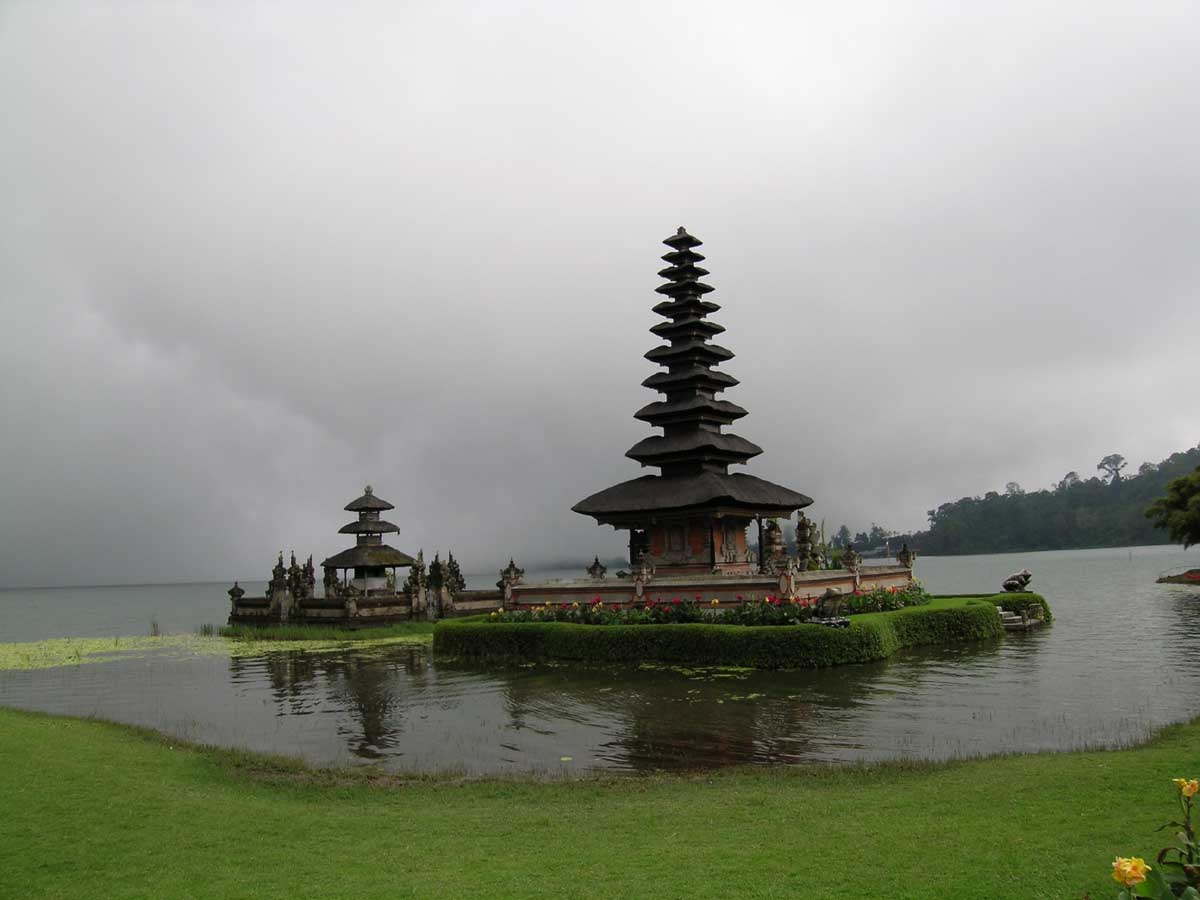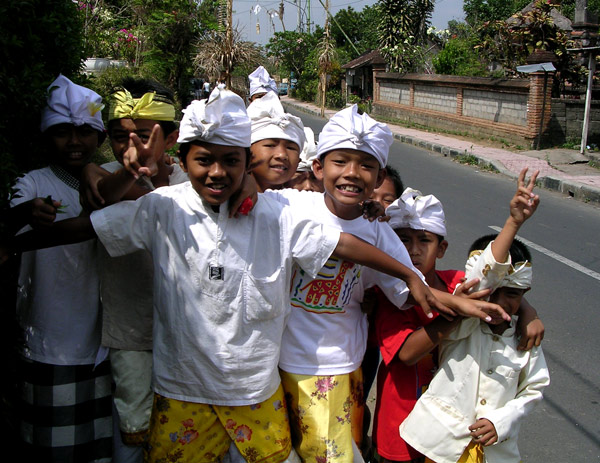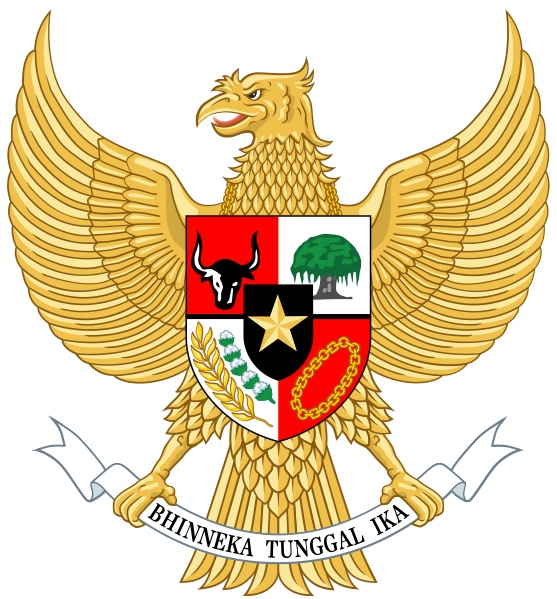Difference between revisions of "Adopting from Indonesia"
(→Who Can Adopt) |
(→Who Can Be Adopted) |
||
| Line 80: | Line 80: | ||
=Who Can Be Adopted= | =Who Can Be Adopted= | ||
| + | In addition to U.S. immigration requirements, Indonesia has specific requirements that a child must meet in order to be eligible for [[adoption]]: | ||
| + | |||
| + | |||
| + | '''[[Relinquishment]]:''' PAPs need to obtain the following statements: | ||
| + | # Letter of voluntary [[relinquishment]] from the child’s biological parent(s) or [[Legal Guardian|legal guardian]](s); | ||
| + | # Statement from PAPs stating that the [[adoption]] is in the child’s best interest and is for his/her protection; | ||
| + | # Statement from the prospective adoptive child, in cases where the child is able to express his/her opinion as determined by the Department of Social Affairs; | ||
| + | # Letter of submission from the child’s biological mother or [[Legal Guardian|legal guardian]] to either a hospital, local police or a local community, followed by handover of the child to a social welfare organization in Indonesia. Note: The letter must be written on Indonesian stamped duty paper (special paper which is used in Indonesia for legal documents or statements); and | ||
| + | # Handover letter of the child from a social welfare organization to Yayasan Sayap Ibu. | ||
| + | |||
| + | '''[[Abandonment]]:''' The prospective adoptive child must be in the care of a registered and authorized social welfare organization that has been licensed by the Department of Social Affairs to process intercountry adoptions. All U.S. PAPs should contact either the Department of Social Affairs or Yayasan Sayap Ibu in Jakarta Province for more information on these organizations. | ||
| + | |||
| + | Yayasan Sayap Ibu | ||
| + | Jalan Barito II No. 55 | ||
| + | Kebayoran Baru | ||
| + | Jakarta Selatan | ||
| + | |||
| + | '''Age of Adoptive Child:''' The adoptive child must be under 18 years old and fall into one of three categories: | ||
| + | # Children under six years old are priorities, (i.e. neglected children who are in an urgent situation and require special protection); | ||
| + | # Six years old to 12 years old, on the condition that there are compelling reasons based on social reporting stating that the neglected child is in an emergency situation; and | ||
| + | # 12 to 18 years old (neglected children who need special protection). | ||
| + | |||
| + | '''Sibling Adoptions:''' No requirements. | ||
| + | |||
| + | '''[[Special Needs]] or Medical Conditions:''' No requirements. | ||
| + | |||
| + | '''Waiting Period or [[Foster Care]]:''' Once all required documents have been submitted to Yayasan Sayap Ibu, officers of Yayasan Sayap Ibu and the Ministry of Social Affairs will conduct a home visit. If the PAPs are deemed to be qualified, the Minister of Social Affairs through the Director of Children’s Social Services will issue a Child [[Custody]] Consent Decree to the PAPs. PAPs must then sign a six-month [[Foster Care|foster care]] agreement so that the child can be taken to the PAPs’ residence in Indonesia. (Note: The child must be a least three months old before he/she can be taken home). The entire process, from the time the PAPs submit their documents until they can take their adopted child home, generally takes around six to nine months. | ||
| + | |||
| + | '''''Caution: PAPs should be aware that not all children in orphanages or children’s homes are adoptable. In many countries, birth parents place their child(ren) temporarily in an [[orphanage]] or children’s home due to financial or other hardship, intending that the child return home when this becomes possible. In such cases, the [[Birth Parent|birth parent]](s) have rarely relinquished their [[Parental Rights|parental rights]] or consented to their child(ren)’s [[adoption]].''''' | ||
=How to Adopt= | =How to Adopt= | ||
Revision as of 18:55, 21 March 2014
Contents
Hague Convention Information
Indonesia is not party to the Hague Convention on Protection of Children and Co-operation in Respect of Intercountry Adoption (Hague Adoption Convention). Intercountry adoptions of children from non-Hague countries are processed in accordance with 8 Code of Federal Regulations, Section 204.3 as it relates to orphans as defined under the Immigration and Nationality Act, Section 101(b)(1)(F).
The Indonesian government stipulates that an adoptive child must be of the same religion as the adoptive parents. In the case of a child of unknown origin, it is believed that the Indonesian government will make a determination that the child’s religion will be deemed to be the same as the religious majority in the neighborhood or community where the child was discovered.
There have been a number of instances in which U.S. citizens have been advised by legal practitioners to enter into fostering or adoption arrangements which, even though endorsed by local Indonesian courts, do not meet the requirements of Indonesian adoption law. Adoptions that do not meet these requirements will not meet the requirements for the issuance of U.S. immigrant visas for the children. U.S. citizens intending to adopt a child in Indonesia should not attempt to circumvent proper processes.
U.S. IMMIGRATION REQUIREMENTS FOR INTERCOUNTRY ADOPTIONS
To bring an adopted child to the United States from Indonesia, you must meet eligibility and suitability requirements. The U.S. Department of Homeland Security, U.S. Citizenship and Immigration Services (USCIS) determine who can adopt under U.S. immigration law.
Additionally, a child must meet the definition of orphan under U.S. immigration law in order to be eligible to immigrate to the United States on an IR-3 or IR-4 immigrant visa.
Who Can Adopt
In addition to U.S. immigration requirements, you must also meet the following requirements in order to adopt a child from Indonesia:
Residency
Prospective adoptive parents (PAPs) must be residents of Indonesia for at least two years with a permit issued by the local authorities (Rukun Tetangga - RT, Rukun Warga - RW, and Kelurahan). The U.S. Embassy in Jakarta can also notarize a sworn statement provided by PAPs in which they provide their address and length of residency in Indonesia.
Foreign national PAPs must be resident in Indonesia and must have been working and living in Indonesia for at least two years prior to the application to adopt. Past experience has shown that if one foreign national parent is resident in Indonesia before the other, s/he may initiate the process as long as s/he has already been resident in Indonesia for at least two years.
In cases where one PAP is a foreign national and the other is an Indonesian citizen, the residency requirement has not applied as long as the Indonesian national has resided in Indonesia to see the adoption process through completion. Such cases are more complicated, and different courts may interpret the law differently.
The U.S. Embassy in Jakarta strongly recommends that PAPs contact the Immigrant Visa Unit at the embassy or Yayasan Sayap Ibu, an Indonesian organization that facilitates inter-country adoptions in Indonesia, for further details. Please note that regardless of residency, both PAPs must appear at the court hearing. Also, PAPs need to obtain separate domicile statements issued by the local authorities (RT, RW, and Kelurahan) and must have a sworn statement notarized at the U.S. Embassy in Jakarta providing their Indonesian address and length of residence.
Age of Adopting Parents
PAPs must be between 30 and 55 years of age at the time of applying for adoption.
Marriage
Individuals wanting to adopt must be married for a minimum of five years. PAPs can be either:
- Childless (PAPs need to present a statement issued by an obstetrician or physician appointed by the Department of Health),
- Have only one child of their own, or
- Have previously adopted an Indonesian child.
If the prospective adoptive mother has borne children in the past, she must no longer be capable of bearing children. Please note that single persons and same-sex couples are explicitly prohibited from adopting in Indonesia.
Income
The Indonesian government stipulates that an adoptive child must be of the same religion as the adoptive parents. In the case of a child of unknown origin, it is believed that the Indonesian government will make a determination that the child's religion will be deemed to be the same as the religious majority in the neighborhood or community where the child was discovered. PAPs must state their belief in God and both must appear at the court hearing. Other: The Indonesian government stipulates that an adoptive child must be of the same religion as the adoptive parents. In the case of a child of unknown origin, it is believed that the Indonesian government will make a determination that the child's religion will be deemed to be the same as the religious majority in the neighborhood or community where the child was discovered. PAPs must state their belief in God and both must appear at the court hearing.
If PAPs do not meet all the above requirements, they may be able to apply for a special dispensation, which must be approved by Yayasan Sayap Ibu. It is advisable for PAPs to process all required documents and to obtain approval prior to locating a potential child for adoption.
Other
N/A
Who Can Be Adopted
In addition to U.S. immigration requirements, Indonesia has specific requirements that a child must meet in order to be eligible for adoption:
Relinquishment: PAPs need to obtain the following statements:
- Letter of voluntary relinquishment from the child’s biological parent(s) or legal guardian(s);
- Statement from PAPs stating that the adoption is in the child’s best interest and is for his/her protection;
- Statement from the prospective adoptive child, in cases where the child is able to express his/her opinion as determined by the Department of Social Affairs;
- Letter of submission from the child’s biological mother or legal guardian to either a hospital, local police or a local community, followed by handover of the child to a social welfare organization in Indonesia. Note: The letter must be written on Indonesian stamped duty paper (special paper which is used in Indonesia for legal documents or statements); and
- Handover letter of the child from a social welfare organization to Yayasan Sayap Ibu.
Abandonment: The prospective adoptive child must be in the care of a registered and authorized social welfare organization that has been licensed by the Department of Social Affairs to process intercountry adoptions. All U.S. PAPs should contact either the Department of Social Affairs or Yayasan Sayap Ibu in Jakarta Province for more information on these organizations.
Yayasan Sayap Ibu Jalan Barito II No. 55 Kebayoran Baru Jakarta Selatan
Age of Adoptive Child: The adoptive child must be under 18 years old and fall into one of three categories:
- Children under six years old are priorities, (i.e. neglected children who are in an urgent situation and require special protection);
- Six years old to 12 years old, on the condition that there are compelling reasons based on social reporting stating that the neglected child is in an emergency situation; and
- 12 to 18 years old (neglected children who need special protection).
Sibling Adoptions: No requirements.
Special Needs or Medical Conditions: No requirements.
Waiting Period or Foster Care: Once all required documents have been submitted to Yayasan Sayap Ibu, officers of Yayasan Sayap Ibu and the Ministry of Social Affairs will conduct a home visit. If the PAPs are deemed to be qualified, the Minister of Social Affairs through the Director of Children’s Social Services will issue a Child Custody Consent Decree to the PAPs. PAPs must then sign a six-month foster care agreement so that the child can be taken to the PAPs’ residence in Indonesia. (Note: The child must be a least three months old before he/she can be taken home). The entire process, from the time the PAPs submit their documents until they can take their adopted child home, generally takes around six to nine months.
Caution: PAPs should be aware that not all children in orphanages or children’s homes are adoptable. In many countries, birth parents place their child(ren) temporarily in an orphanage or children’s home due to financial or other hardship, intending that the child return home when this becomes possible. In such cases, the birth parent(s) have rarely relinquished their parental rights or consented to their child(ren)’s adoption.
How to Adopt
Adoption Authority
The Process
Traveling Abroad
After Adoption
SOURCE
Intercountry Adoption, Bureau of Consular Affairs. U.S. Department of State Country Information









